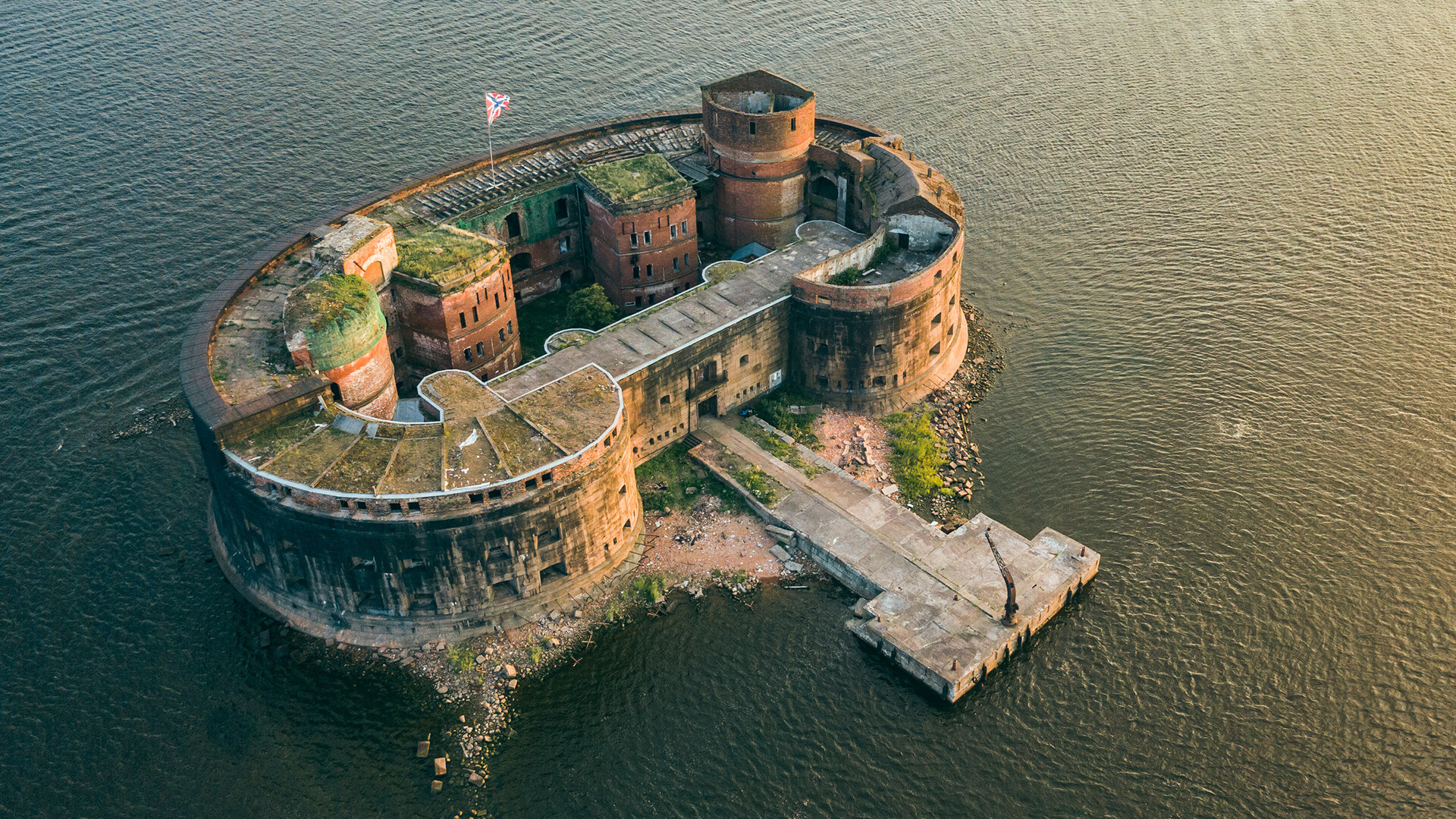
However, it was actually built 20 years before the famous French fort and was never used either as a prison or as a defensive structure.
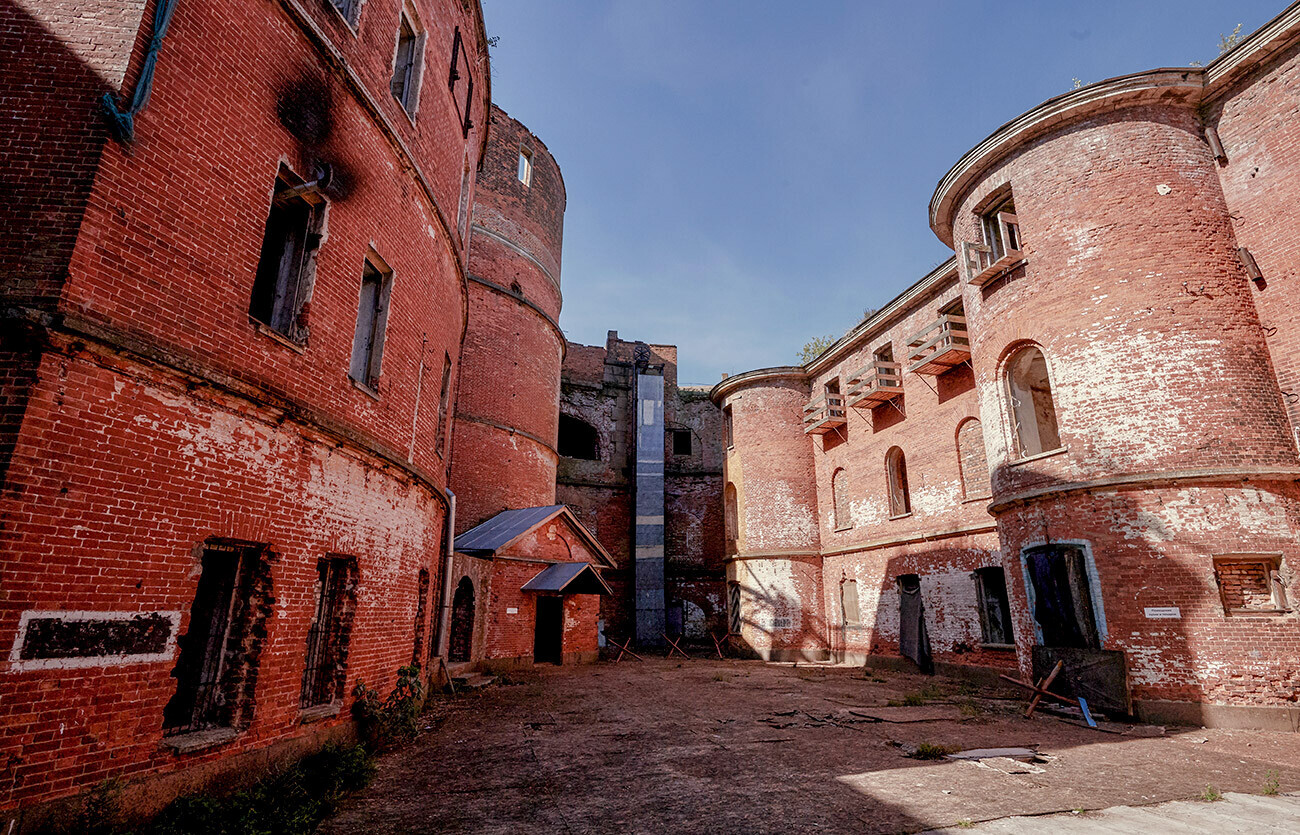
The fort, named in honor of Emperor Alexander I, was built from 1838 to 1845 on an artificial island. It housed a navy garrison with up to 1,000 soldiers. In 1896, the fort was disbanded for lack of use. But, it was not empty for long.
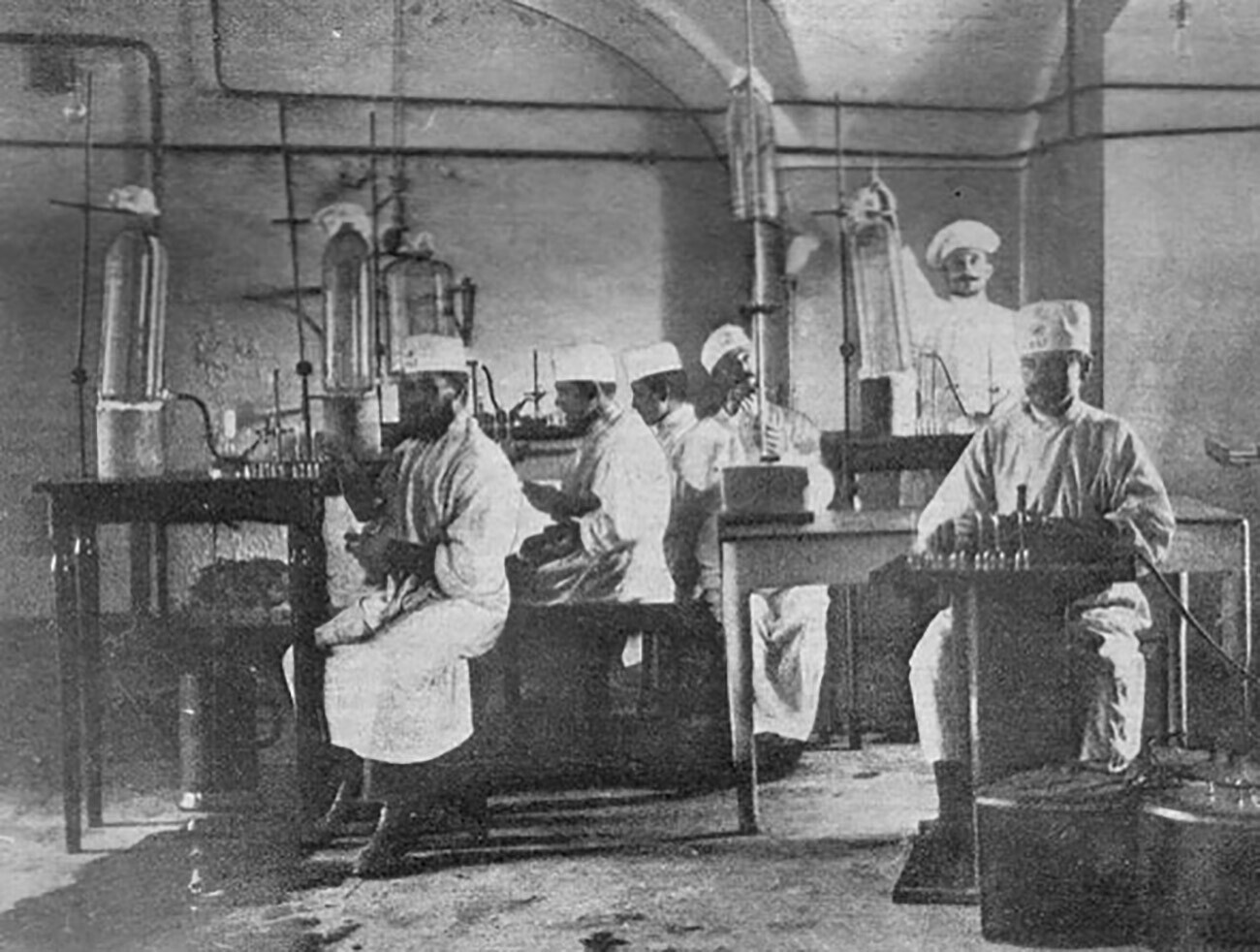
At the end of 19th century, the world was threatened by a plague epidemic. The fort was converted into a laboratory where 20 doctors worked to find a cure for the deadly disease. Drug production was dangerous, so the isolated fort was ideally suitable for this purpose. The casemates were plumbed for water, electricity, steam heating and sewage. So, the fort was dubbed "plague", although cholera, tetanus and typhus were studied there.
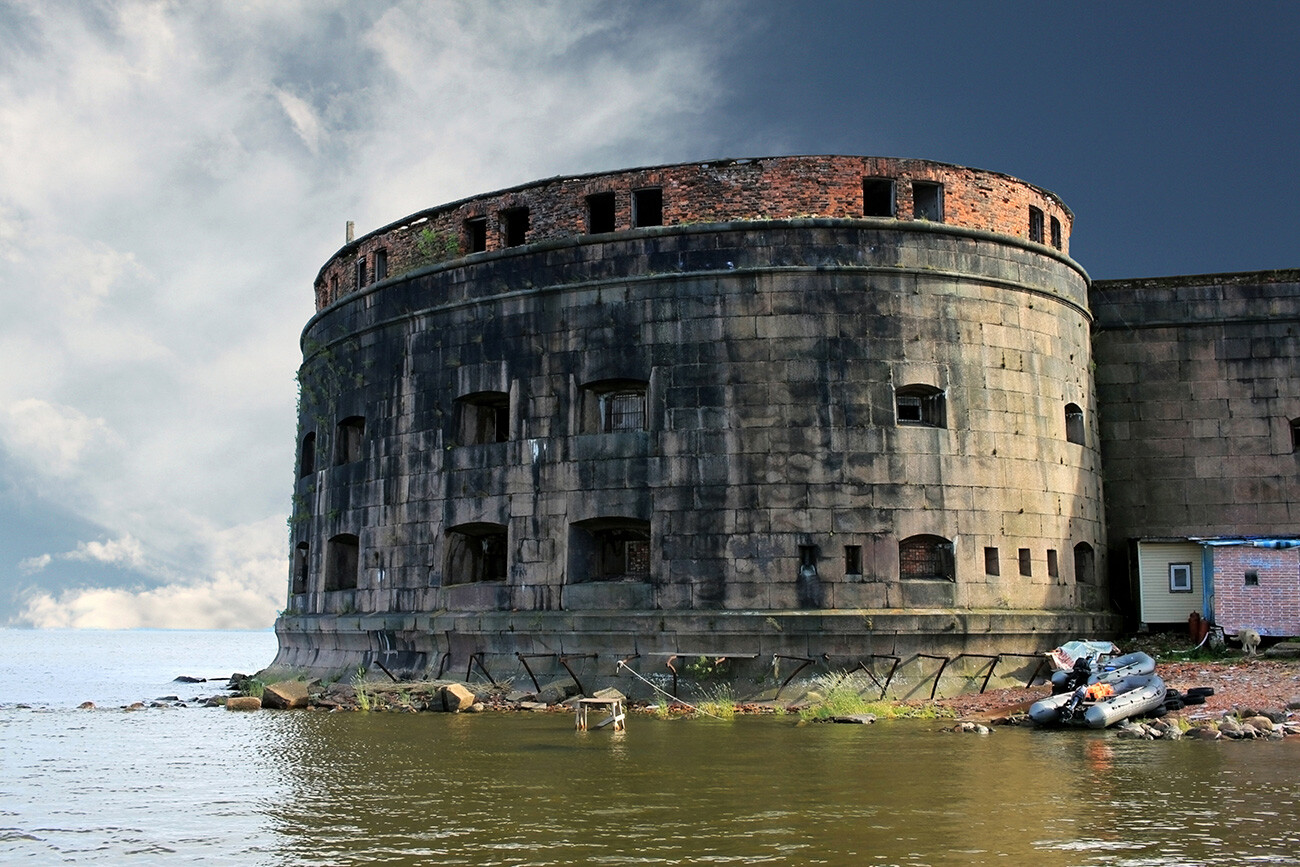
After the 1917 Bolshevik Revolution, the laboratory was closed and plague and cholera pathogens were transported to Saratov, where the country's first anti-plague institute was opened. During the Soviet years, the fort was used as a military equipment warehouse, but, by the 1980s, it was abandoned again. It is currently under restoration and can only be seen from the water.
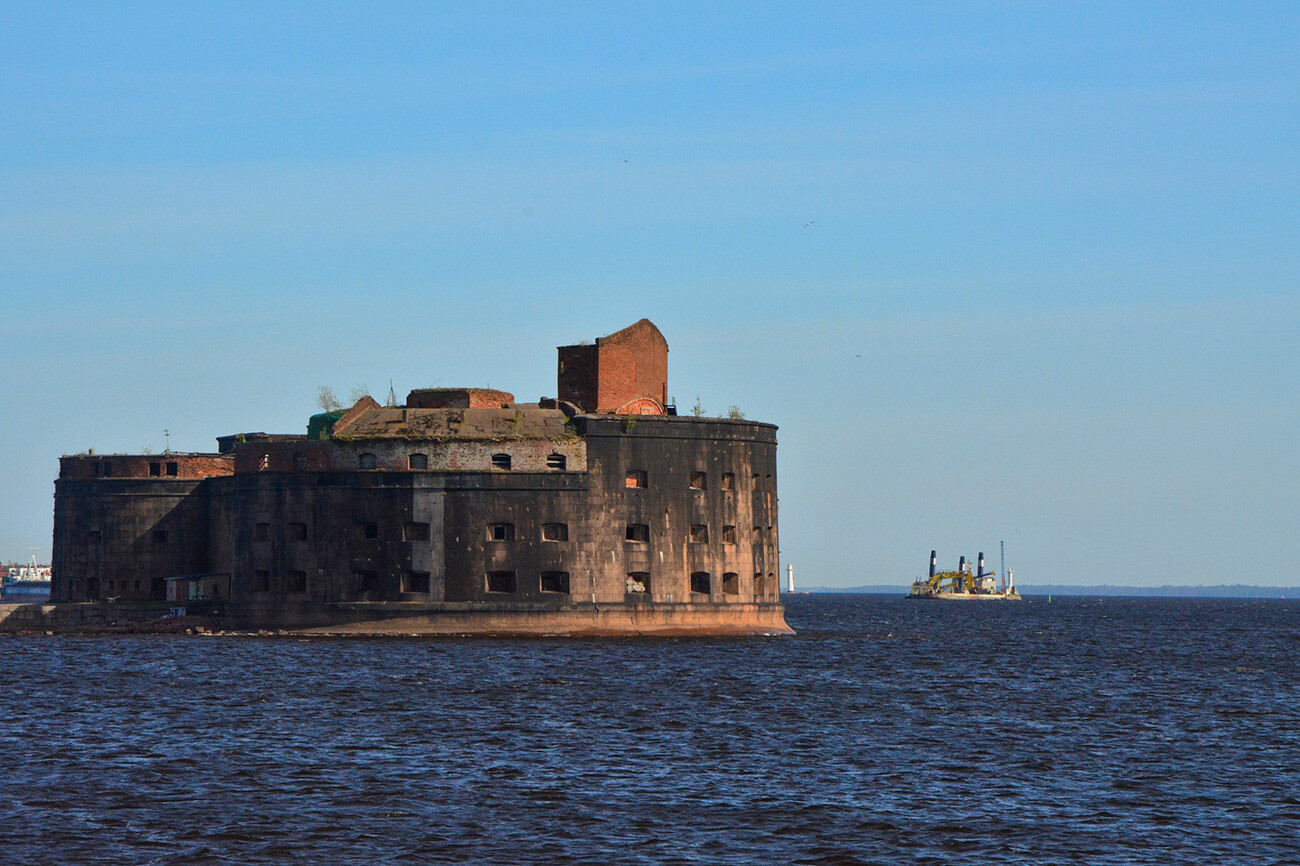
Dear readers,
Our website and social media accounts are under threat of being restricted or banned, due to the current circumstances. So, to keep up with our latest content, simply do the following:
If using any of Russia Beyond's content, partly or in full, always provide an active hyperlink to the original material.
Subscribe
to our newsletter!
Get the week's best stories straight to your inbox